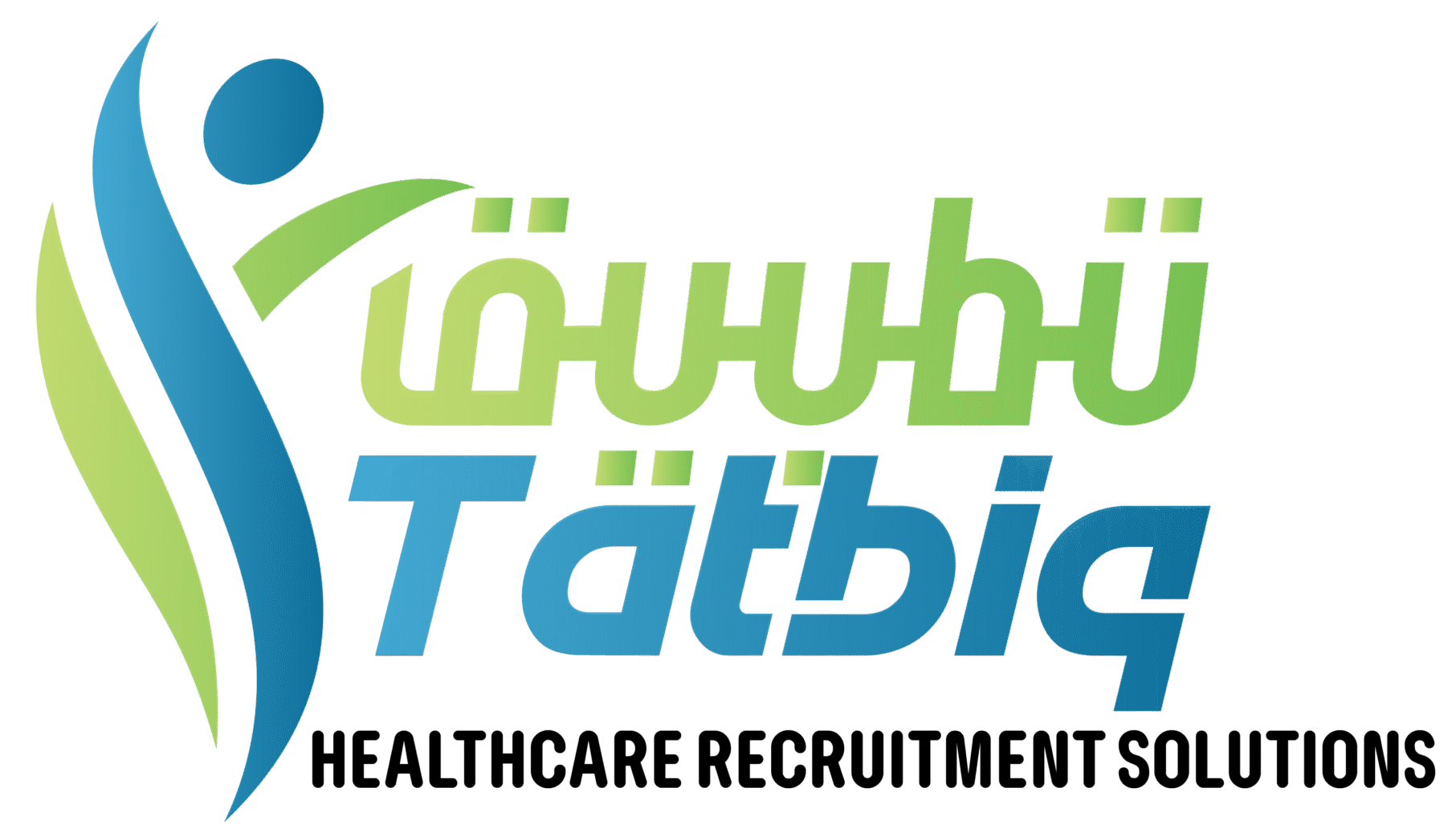
The healthcare industry is constantly evolving, and the demand for qualified nurses continues to rise across hospitals worldwide. Tatbiq Healthcare stands at the forefront of medical recruitment, connecting passionate nurses with top-tier hospitals and healthcare organizations. If you are searching for hospital nurse job vacancies, this comprehensive guide provides insights, opportunities, and pathways to build a rewarding career in nursing.
Nursing is more than just a profession—it’s a calling to serve humanity. As hospitals expand and adapt to new technologies and patient care standards, the need for skilled nurses grows stronger than ever. Whether you are an experienced registered nurse or a recent graduate exploring nursing job openings in hospitals, there are abundant opportunities waiting for you.
Hospital environments require nurses who can handle critical care, provide emotional support, and ensure smooth coordination between departments. Through Tatbiq Healthcare, candidates can explore diverse positions such as ICU nurse job vacancies, general ward nurses, emergency care nurses, pediatric nurses, and more.
Why Nursing Careers Are in High Demand

- Global shortage of skilled nurses due to aging populations and expanding healthcare facilities.
- Increasing specialization in medical departments like critical care, neonatal, and surgical units.
- Growing awareness of patient-centered care and preventive healthcare.
- High employability rates for nurses with valid certifications and international experience.
- Opportunities for career progression from staff nurse to leadership or administrative roles.
Tatbiq Healthcare collaborates with reputed hospitals, offering genuine registered nurse job vacancies across various healthcare disciplines.
Exploring the Variety of Hospital Nursing Roles
Hospital settings offer a vast range of nursing positions. Below are the main types of hospital nurse job vacancies available through Tatbiq Healthcare:
ICU Nurse Job Vacancies
Critical care units demand highly trained nurses capable of handling life-threatening conditions. ICU nurses monitor vital signs, operate life-support equipment, and coordinate with medical specialists to stabilize patients.
Registered Nurse Job Vacancies
Registered nurses are the backbone of every hospital. They provide direct patient care, administer medications, assist in surgeries, and ensure accurate medical documentation.
Nursing Job Openings in Hospitals
These include roles in general wards, outpatient departments, maternity care, and surgical recovery units. Nurses in these departments focus on holistic patient care and treatment assistance.
Private Hospital Nurse Jobs
Private hospitals often offer better facilities, flexible shifts, and advanced clinical technologies. Nurses in private setups experience greater patient interaction and multidisciplinary teamwork.
Staff Nurse Vacancy
Staff nurses play a vital role in ensuring day-to-day clinical operations. Their responsibilities include patient assessments, follow-up care, and effective communication with doctors and families.
Key Skills and Qualities Required for Hospital Nurses
- Strong interpersonal and communication skills
- In-depth understanding of medical procedures and terminology
- Compassion and patience toward patients
- Team collaboration and multitasking ability
- Emotional resilience in high-pressure situations
- Commitment to continuous learning and training
Tatbiq Healthcare ensures that candidates placed in hospital nurse job vacancies meet the highest professional and ethical standards.
Educational Requirements for Hospital Nurse Job Vacancies
To apply for nursing positions, candidates must hold recognized nursing qualifications such as:
- Bachelor of Science in Nursing (B.Sc Nursing)
- General Nursing and Midwifery (GNM)
- Master of Science in Nursing (M.Sc Nursing)
- Post Basic B.Sc Nursing
Additional certifications in critical care, emergency nursing, or specialized medical fields increase the chances of being selected for ICU nurse job vacancies or other specialized positions.
Benefits of Working in Hospitals Through Tatbiq Healthcare
- Placement in reputed hospitals with advanced medical facilities
- Competitive salaries and benefits
- Exposure to global healthcare standards
- Opportunities for skill development and training
- Career growth with long-term professional support
- Ethical recruitment with transparent communication
Tatbiq Healthcare bridges the gap between skilled nurses and medical institutions seeking qualified staff. Candidates can confidently apply for registered nurse job vacancies knowing they are backed by a trusted recruitment agency.
How to Apply for Hospital Nurse Job Vacancies
Follow these simple steps to apply for nursing roles through Tatbiq Healthcare:
- Submit your updated CV via the official portal.
- Select your preferred department – ICU, surgical, pediatric, or general ward.
- Attend a screening interview to assess professional and communication skills.
- Receive placement support including documentation and interview preparation.
- Join your hospital assignment with full onboarding assistance.
Whether it’s a staff nurse vacancy or a position in intensive care, Tatbiq Healthcare ensures smooth recruitment and placement for every candidate.
Career Growth Opportunities in Hospital Nursing
Nursing offers a structured career progression path. Starting as a staff nurse, professionals can move up to senior nurse, nurse supervisor, nursing educator, or nursing manager roles. Additional certifications and experience in ICU nurse job vacancies can lead to specialized or leadership positions within the hospital ecosystem.
Hospitals are increasingly adopting digital health records, telemedicine, and automated systems, opening more specialized opportunities for tech-savvy nurses.
Work-Life Balance for Hospital Nurses
Tatbiq Healthcare emphasizes the importance of work-life balance in hospital jobs. Flexible shifts, supportive teams, and mental wellness initiatives ensure that nurses maintain both professional excellence and personal well-being.
Private hospital nurse jobs often come with structured working hours, accommodation benefits, and healthcare insurance, enhancing the overall job experience.
Challenges and Rewards in Hospital Nursing Careers
Challenges:
- Long working hours
- Emotional strain of patient care
- Physical demands of clinical duties
Rewards:
- High job satisfaction
- Strong sense of purpose and impact
- Global mobility and recognition
- Continuous career growth opportunities
Each nurse contributes to saving lives and improving the quality of healthcare, making nursing one of the most respected professions in the world.
Global Opportunities for Nurses
Tatbiq Healthcare not only provides nursing job openings in hospitals but also supports international placements. Nurses with experience in registered nurse job vacancies can explore opportunities in countries like the UK, Canada, and Australia, where the demand for skilled healthcare professionals continues to grow.
Tips for Success in Hospital Nurse Job Vacancies
- Keep your nursing license and certifications updated.
- Stay informed about new healthcare technologies.
- Develop soft skills such as empathy, communication, and leadership.
- Participate in continuous learning programs.
- Build a professional network in the healthcare sector.
Testimonials from Successful Candidates
“Tatbiq Healthcare made my dream come true. Within two months, I was placed in a top private hospital. Their guidance was incredible.”
— Anjali P., Registered Nurse
“Thanks to Tatbiq Healthcare, I secured my first ICU nurse job. The recruitment process was smooth and transparent.”
— Ravi S., Critical Care Nurse
“The team provided complete support, from documentation to interview coaching. I highly recommend their services.”
— Mary K., Staff Nurse
[rank_math_rich_snippet id="s-bebede46-4eec-4d82-b296-e800bd8fc082"]





